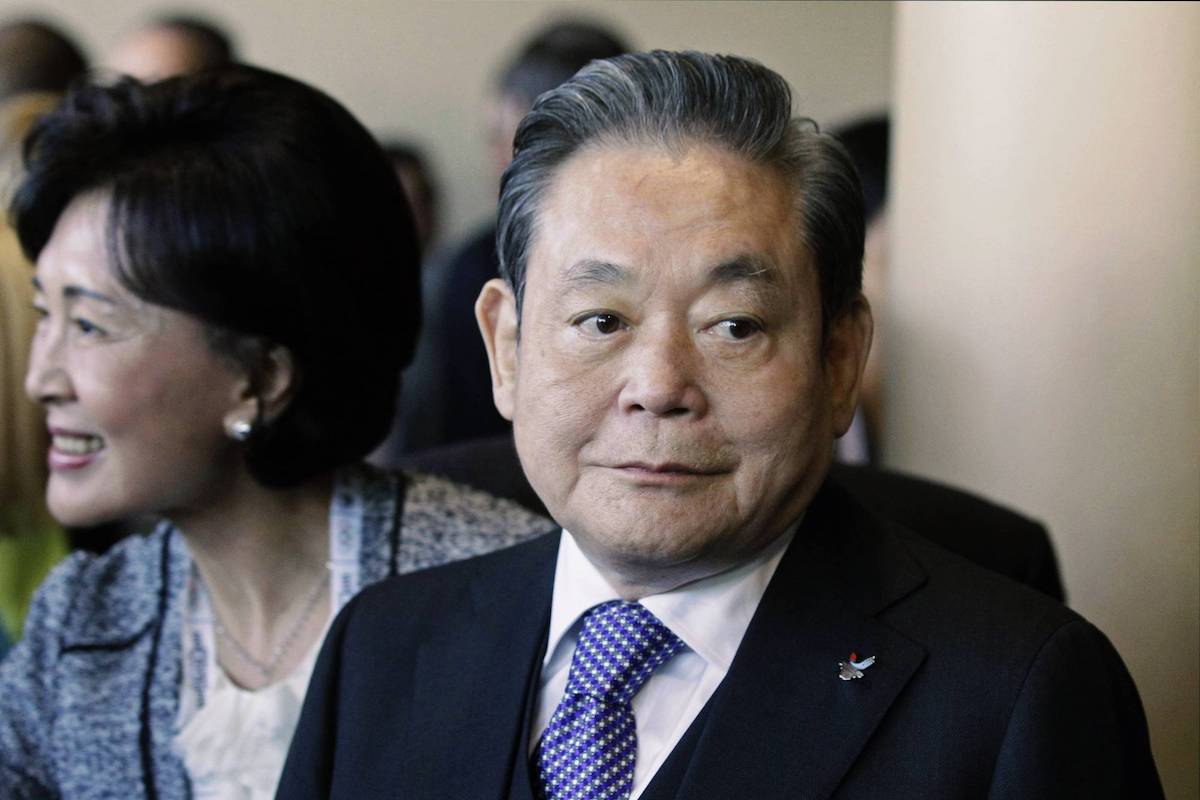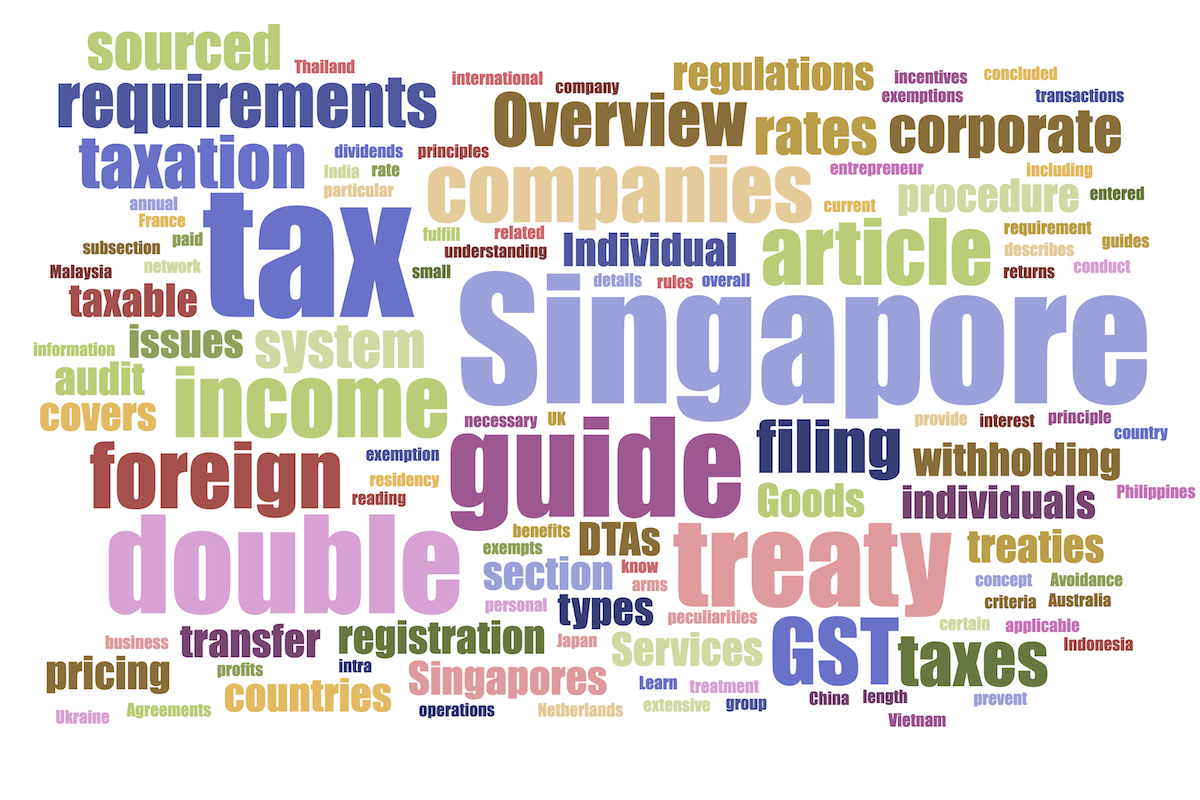Founder’s Stock in a New Singapore Company — the Good and the Bad
Introduction
If you and your co-founders have begun exploring a new business idea, before creating a company, consider establishing a proper strategy for allocation of your company’s equity. When company founders invest money or intellectual property in their business, they usually receive so-called "founder's stock" — a type of stock that carries unique rights with respect to voting, control, and distribution of profits.
Below we’ll discuss the benefits as well as potential pitfalls of holding founder’s stock in a new company incorporated in Singapore.
What Is Founder's Stock?
The Pros of Owning Founder’s Stock
Attracting Skilled Talent
Often early workers tend to get a stock in newly-incorporated companies at the initial stage, often in the form of stock options or restricted stock units. They aim to receive these shares at a moment when a company has little value and reap the benefits when the company becomes successful.
With the founder’s stock structure, companies can provide leveraged compensation for the founding team, which will encourage them to create a successful business with you. Giving a part of the equity in the business can be a way of attracting experienced people and encouraging them to stick with you while your business grows. The more successful the business becomes, the higher their potential compensation.
Singapore’s workforce is consistently ranked as among the world’s most competitive, highly educated, and skilled. But before using your company’s equity in this way, you should carefully consider and structure the distribution of equity in your company to prevent founder’s stock from being given out too cheaply, and explore other legal issues that may affect the business or employees.
Founder’s Stock Worth
In most cases, the company issues a large percentage in founder’s shares, and usually it isn’t worth much initially. The real value of founder’s stocks is in their future potential. This is common with startups because the new company has not really started to do business yet and presumably has little value.
As founder’s stock represents a company's original stock holdings, it has the potential to yield the highest returns of any future award of equity, in the form of capital gains. If a company becomes successful, holders of founder’s stock will see the highest profit, as they acquired the stock at its cheapest price.
Therefore, consider a forward-looking strategy to be sure you don’t lose your hard-won profits to high tax rates. You can do this by incorporating in a tax-friendly country like Singapore, where there is no tax on capital gains and dividends. This means the company’s founders, when selling their equity, will not have to give up a large chunk of their payout to taxes.
Chance to Buy Back
One favorable characteristic of founder’s stock is that it usually comes with a vesting schedule. This helps protect the company’s equity and prevent parties who are no longer in the business from retaining control over the company, as it is quite common among newly-incorporated startups that some founders leave the company during the first few years, voluntarily or otherwise.
A vesting schedule is a predetermined time frame during which the person gains full ownership of the founder’s stock. Basically, when a company’s equity is given out on a vesting schedule, the recipient has no real ownership over the shares until the vesting period has elapsed. So, if the founder leaves the company before the stock is fully vested, the company or other founders have the right to buy back unvested shares at a nominal price. Often, the company takes major priority before the founders or investors.
These provisions are a useful tool for controlling ownership of the founder’s stock and help discourage founders from leaving the company in its early stages. Meanwhile, other company founders can maintain their percentage of ownership in the company. To avoid possible disputes, vesting provisions and “buyback” rights should always be captured in a written contract.
Potential Pitfalls of Holding Founder’s Stock
Payment Priority
When it comes to payouts, of course, founders want to be as close to the front of the line as possible, because their position in the payment queue will define how much they will pocket in an exit if the company is not successful.
What catches many founders off guard is that, unlike preferred stockholders, founder’s stockholders have minor priority to claim a payout at the time of a liquidity or bankruptcy event. Founder’s stock does not include the liquidation preference accorded to preferred stockholders, which enables them to get some of their money back before any payouts are made to common stockholders. In significant exits, the founders can end up owning very little of a failed company due to these peculiarities.
“Free Rider” Problem
Quite often, founder's stock in a company is divided equally between the partners. However, equitable allocation does not necessarily mean equal allocation. A founder’s equity should be spread among founders proportionately to their ongoing role or investment in the company.
However, even if your company’s equity was initially allocated equitably, the “free rider” issue may arise when one of the founder stockholders is no longer contributing substantially to meet the company’s ongoing needs and not tending to the growth of the business on a daily basis, while other co-founders are working hard and putting in a lot of time.
This is a particularly complicated issue if the founder’s shares were being fully earned by the recipient at the time they were granted, as founder stock can’t be reallocated in this case, even if the founder leaves or stops contributing to the business. “Free riders,” in turn, have a great interest in not leaving the company when they essentially can expect to be rewarded despite their lack of work. This can create a grave problem for your business. There are solutions to this problem (such as issuing new equity) that you should discuss with your corporate services provider.
Retaining Control
If you want your company to grow, you will need to raise funding and disburse equity. Founders are typically hesitant to give up the power they’ve worked so hard to earn. Surely, by preserving all of the founder’s stock, founders think they can maintain full control over the company and avoid dilution of their equity. However, maintaining equity in the company out of a fear of losing control can be a short-sighted action.
There are certain strategies you can leverage to remain in control of your company. Founders can control a business even if they own only a small percentage of it. Stockholder agreements and other contractual arrangements can stipulate that decision-making authority is given to appropriate persons, disregarding the company’s actual ownership. So you should consider reallocating founder’s shares based on an approach that maximizes the number of your remaining controlling shares.
The most important fact to keep in mind about share ownership is that as the value of the company increases, one's share of that value also increases. So it is always better to own 1% of a billion-dollar company than 100% of a small business. Bill Gates now holds as little as 1.3% of shares in Microsoft (worth around U$16 billion), which made him one of the richest persons in the world.

Keys to Managing the Founder’s Stock in a New Company
- Manage founder's shares with your partners wisely.
- Carefully consider the near- and long-term roles of early team members before incentivizing them with founder’s stock.
- Be smart about raising external funding.
- Reserve the right to buy shares back.
- Consider a vesting schedule for your company stock.
- Manage equity dilution using proper legal instruments.
- Incorporate your business in a country with low or no capital gains tax to preserve your wealth.
- Seek professional advice before incorporating a new venture.

"Great service! Very clear communication between Corporate services and a client. Simple instructions, completely hassle-free and very fast delivery of contracted services. Highly recommend this company."Alexander James Passler, Managing Partner, Vallist
Tax Considerations
To understand whether dispensing founder’s stock is advantageous to the company, consider future tax implications. Some startups pay their founders almost totally in stock. This payment structure definitely provides tax benefits; compensating founders with higher salaries instead means the payments are subject to ordinary income tax rates. Profits derived from the buying or selling of a founder's stock are treated as personal investments and in most countries are taxed at lower rates. However, this is not necessarily the case in all countries. For instance, in USA equity can be considered ordinary income in certain situations (such as option exercise).
Note that any appreciation in the founder’s stock is a deferred capital gain. When the founder’s stock increases in value, this enhancement is not immediately taxed as ordinary income but instead will be taxed as capital gains only when the stock is sold. One strategy to derive value from the appreciated stock is to obtain a loan against it. That is a very tax efficient strategy as no tax is to be paid on the loan amount, rather the interest paid can be treated as an expense. Elon Musk and Jeff Bezos have used this approach very aggressively. Talk to your corporate service provider to understand if this approach may be suitable for you.
Singapore does not impose taxes on capital gains. Moreover, if the founders retain their stock until their death, their heirs can sell the stock without paying tax on any of the accrued gains. In effect, this means the founder’s gain is tax-exempt in Singapore, if properly planned.
Final Takeaway
Founder’s stock is compensation for the founders’ hard work and dedication. Founder’s stock can be an effective mechanism to address many issues that often arise with newly incorporated companies. But you should consider it with caution as it has some pitfalls too. Understanding the unique feature of founder’s stock, its tax implications, and other factors can protect founders from headaches down the road. If you require professional advice on share issuance or assistance with your company incorporation in Singapore, our team will be glad to help with these questions and any other compliance matters.
Eddy and Hannah
Your Customer Service Team
Work with a team that reflects Singapore's tradition of excellence in diversity. We speak many languages, come from different backgrounds, but we share one goal — your success in Singapore!
Tiffany
Nadia
Tonya
Fenni
Elena
Haly
Sandy
Mithun
Qid
Vika
Patricia
Benny
Jessica
Lingna


